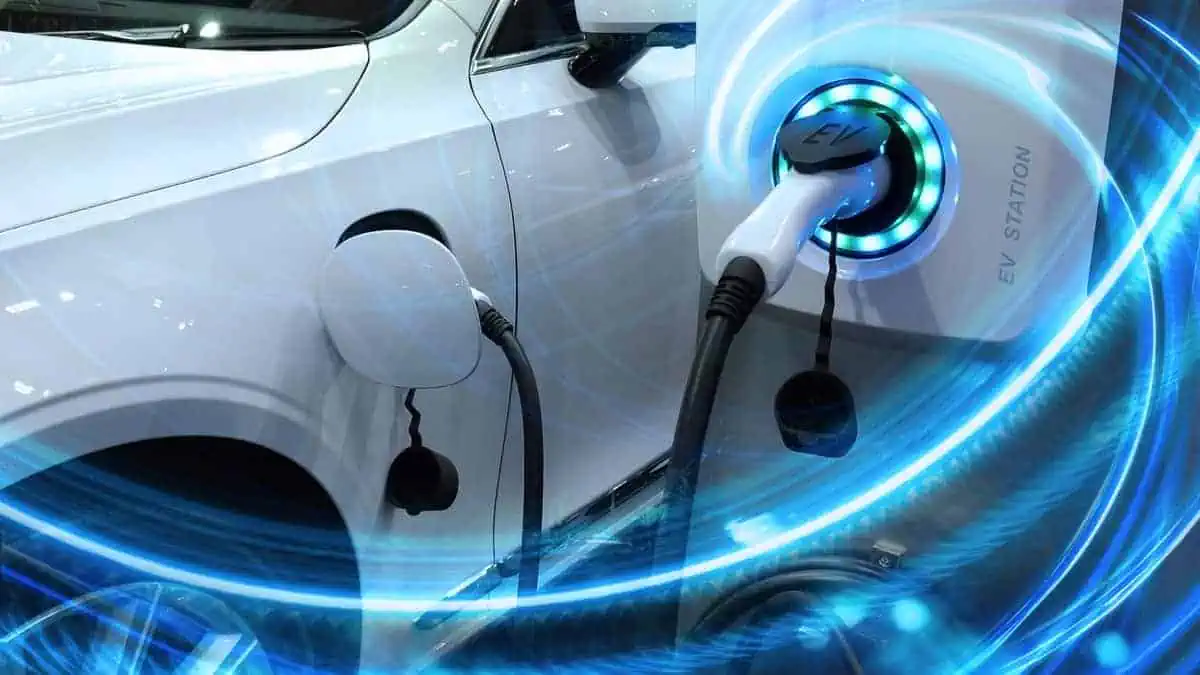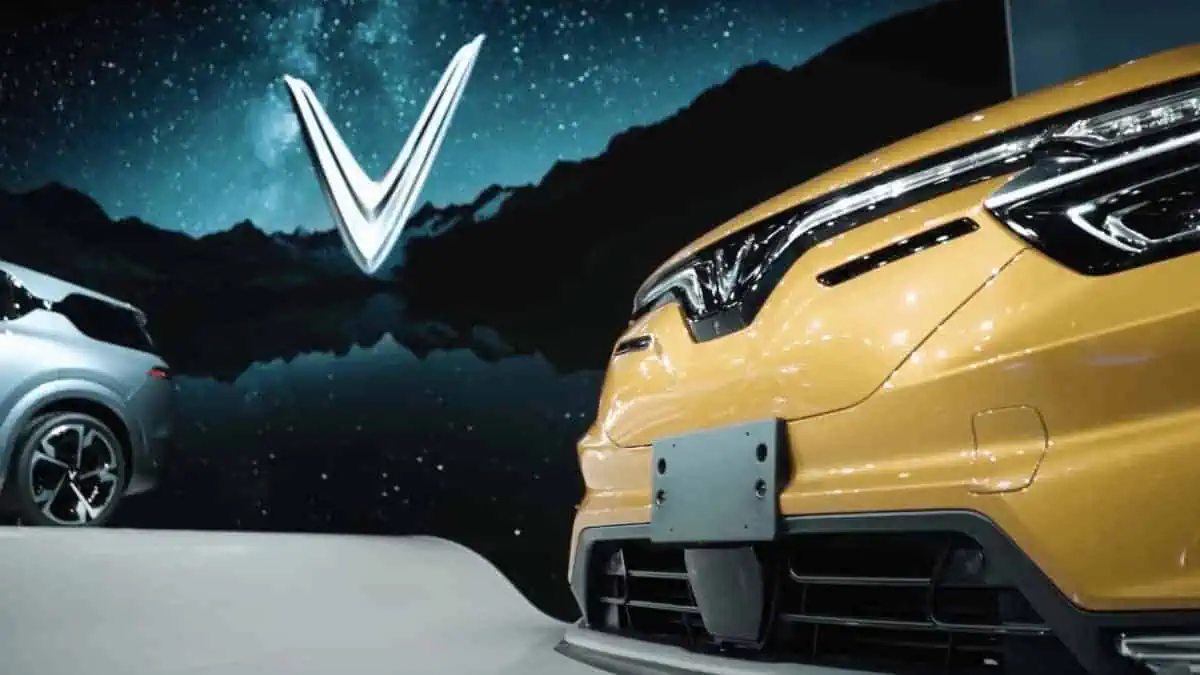Prospective electric vehicle customers’ willingness to buy a battery-powered model grows with relevant experience or exposure to the technology, Consumer Reports found. However, a third of the respondents expressed “extremely limited” exposure to electric vehicles, which apparently hurt sales.
EV Experience Index
Consumer Reports included 9,030 American respondents in its EV Experience Index, which features the following four main statements:
• “In the past month, I have seen an electric-only vehicle in my neighborhood.
• I have a friend, relative, or co-worker who owns an electric-only vehicle.
• In the past 12 months, I have been a passenger in an electric-only vehicle.
• In the past 12 months, I have driven an electric-only vehicle”
Each statement considered “true” was assigned one point. The index score ranged from 0 to 4, with 4 indicating the highest level of electric vehicle experience.
Findings
Interestingly, 34% of the survey’s respondents said no in each statement outlined above. In contrast, only 5% said yes to all four statements. Refer to the graph attached to the X post below:
These results are indeed disappointing, considering the significance of experience or at least exposure to electric vehicles in attracting people to join the shift. People are more likely to be convinced of the benefits of electric cars if they know successful electric vehicle driving from people close to them.
“…hopefully more people are seeing and more people are knowing friends and neighbors who have them. It might be slow for a couple of years until we kind of get over a little bit of that experience hump.”
Chris Harto, Consumer Reports’ senior sustainability policy analyst
Overall customer interest in EVs
Despite the relatively low electric vehicle experience among customers, overall interest in purchases apparently remained consistent from 2022.
A third of the survey respondents answered they would “definitely” get an electric vehicle or “seriously consider” one today. Meanwhile, 37% of them said they would consider buying EVs in the future.
However, customers’ interest can still substantially improve once they become more knowledgeable about the available purchasing incentives. As per the survey, four in every ten respondents are unaware of any EV incentives for customers. Meanwhile, 48% expressed how tax rebates can urge them to go through the purchase.
“Selling EVs is different than selling gas cars, and it’s going to take some more effort, some more education, both of the consumer but also of the sales staff to really become effective at selling these vehicles. You’re not just selling a new vehicle, you’re selling a new fuel, and that’s a big, big shift for a lot of people.”
Chris Harto, Consumer Reports’ senior sustainability policy analyst
All that said, it would be crucial for the electric vehicle industry to have current owners also promote the technology to the people around them if they find ownership better than traditional cars. By doing so, they can significantly aid the global shift to electric vehicles, potentially alleviating the prevailing environmental issues such as global warming and climate change.






